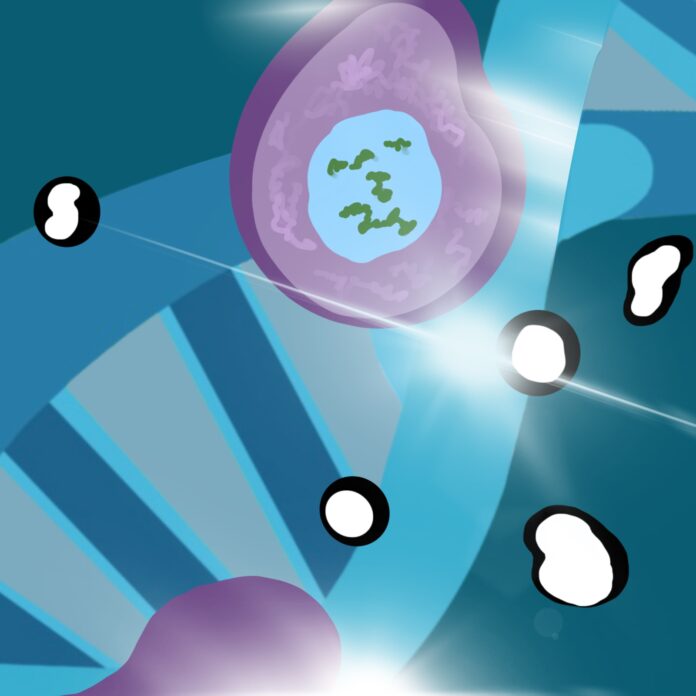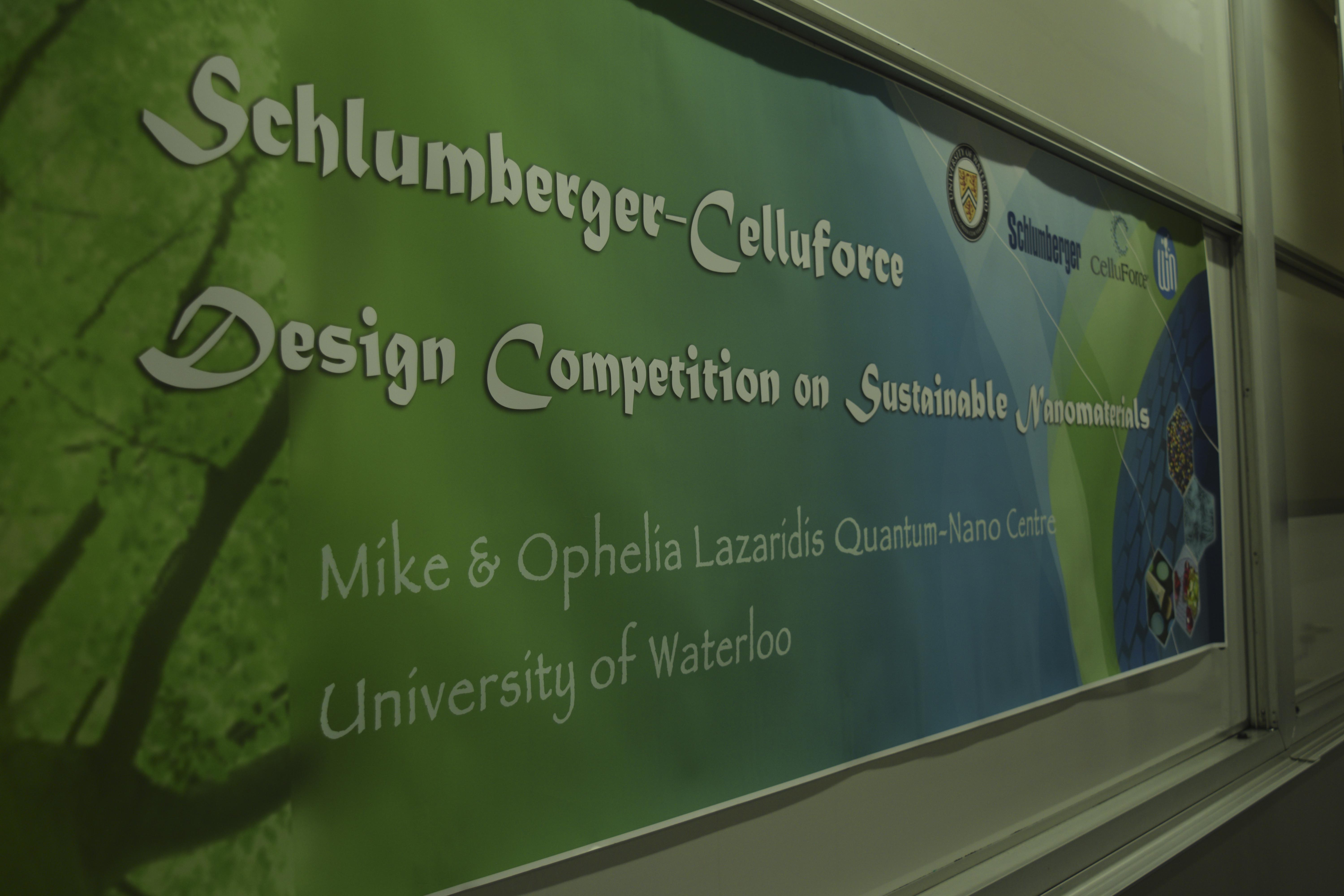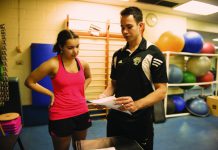Researchers at the University of Waterloo created an artificial intelligence that is able to predict the most likely mutations that may occur in a virus.
The team of three researchers began working on the project about a year and half ago, when the COVID-19 pandemic began. The team includes two math professors, Amirhossein Darooneh and Michelle Przedborski, and was led by Mohammad Kohandel, who is also a professor and head of Mathematical Medicine Laboratory in Applied Mathematics at UW.
Kohandel told The Record that the team knew mutations in viruses are really common and they were sure that SARS-CoV-2, the virus that causes COVID-19, was sure to mutate at some point in the future.
When variants of a virus appear, it negatively impacts the efficacy of vaccines and diagnostic tools. This new technology could enable researchers to create more effective vaccines by accounting for future variants.
The artificial intelligence technology was tested on an early strain of the SARS-Cov-2 virus and was able to accurately detect the alpha, beta, delta and gamma variants.
Using data from the first SARS-CoV-2 genome identified in China, the researchers identified the conserved region within the genome. A genome is an organism’s complete set of genetic instructions — it contains all the information that is necessary to allow the organism to grow and develop. A conserved region is the part of the genome that always remains the same and is not impacted by mutations.
Kohandel said one of his goals for the project was to be able to identify the conserved regions of the virus with the little data that was available when the pandemic first began. This information would have been very valuable for researchers early on when developing diagnostic tools and vaccines, as conserved regions can be a target even as the virus continues to mutate.
Using all the data now available for the SARS CoV-2 virus and its mutations, the team was able to train a neural network to predict the most likely mutations of the genome with a high degree of accuracy.
With the assistance of the UW Commercialization Office, the team is working toward commercializing their technology.
































